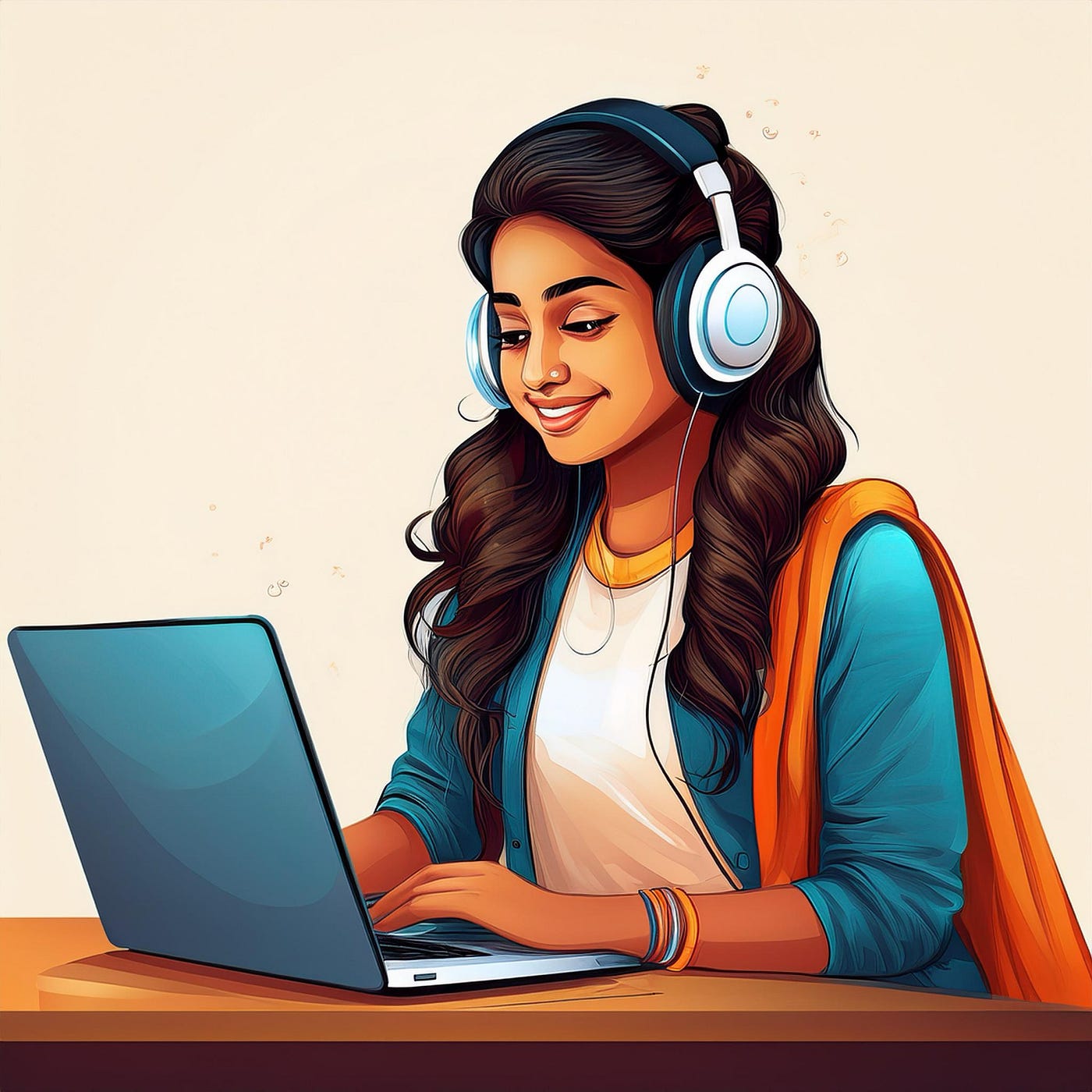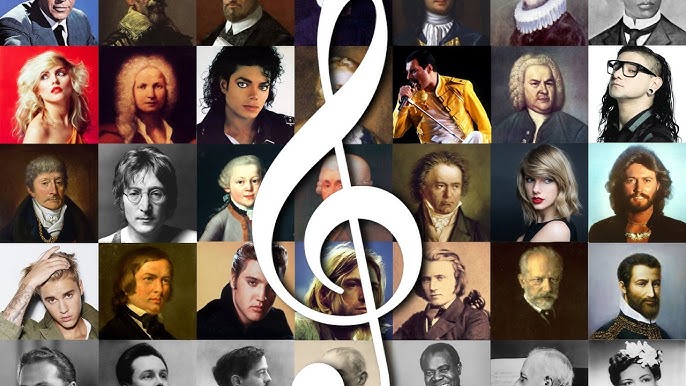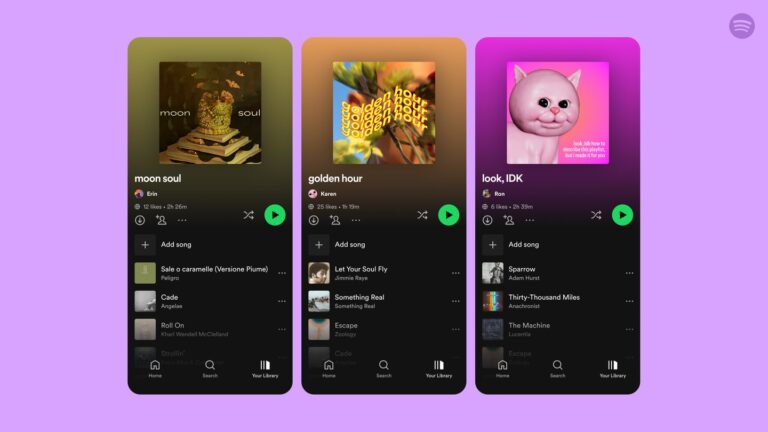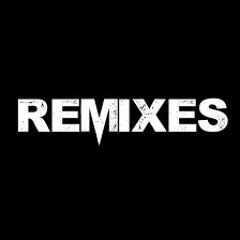
In the world of modern music production, loops have become a cornerstone of the creative process. From hip-hop to EDM, pop to experimental genres, loops have reshaped how music is created, allowing producers to build entire tracks from short, repeated segments of sound. But as loops continue to dominate the industry, one question arises: Are repetitive beats killing creativity, or are they fueling it?
The answer isn’t straightforward, as the debate about loop culture in music is as layered as the tracks it produces. Some argue that the reliance on loops stifles innovation, making music sound formulaic and predictable. Others believe that loops are a powerful tool that fosters creativity, allowing producers to explore new ideas and experiment with sounds in ways that weren’t possible before.
In this article, we’ll explore both sides of the loop culture debate, examining the pros and cons of repetitive beats and whether they are a force for creativity or a barrier to artistic evolution.
1. What is Loop Culture?
At its core, loop culture refers to the practice of using pre-recorded musical phrases or sections—often short, repetitive snippets of sound—as building blocks for entire tracks. These loops can come from a variety of sources, including:
- Sample Packs: Collections of pre-recorded drum loops, basslines, melodies, and vocal phrases.
- Virtual Instruments: Software that produces loops, often with the ability to tweak and manipulate sounds.
- Synths and Drum Machines: Devices that can create repetitive patterns, especially in electronic music.
In genres like hip-hop, EDM, and pop, loops are often the foundation of the track, providing a steady rhythm and musical structure. Producers can layer different loops on top of one another, creating a full arrangement without needing to record every element from scratch.
2. The Case Against Loop Culture: Is It Stifling Creativity?
Critics of loop culture argue that the reliance on repetitive beats and pre-made loops can lead to formulaic music that lacks originality. Here’s why:
- Predictability and Formulaic Production: When producers use loops from sample packs or virtual instruments, there’s a risk of the music sounding too similar to other tracks. If everyone is using the same sample packs or loop libraries, the result can be an oversaturation of similar-sounding beats. This repetition can lead to a lack of innovation, as producers rely on what’s readily available rather than exploring new sounds or experimenting with custom arrangements.
- Reduced Human Touch: One of the arguments against loops is that they can diminish the “human element” of music. Traditional musicianship involves playing instruments, improvising, and bringing a personal touch to the composition. Loops, being pre-recorded, often remove the organic feel of human performance. This can lead to tracks that feel mechanical, lacking the nuances and emotional depth of live instrumentation.
- Complacency in Production: With the ease of dragging and dropping loops into a DAW (digital audio workstation), some argue that producers may fall into a trap of complacency, relying on ready-made solutions rather than creating music from scratch. While this makes the process faster, it can also limit the development of new skills, as producers may stop learning the finer aspects of music theory or arrangement.
3. The Case for Loop Culture: Fueling Creativity and Innovation
On the other hand, supporters of loop culture argue that these tools are simply a means of enhancing creativity, providing producers with more opportunities to experiment, and pushing the boundaries of music. Here’s how:
- Rapid Idea Development: Loops allow producers to start making music quickly, providing a solid foundation upon which to build. Instead of spending hours creating a basic beat, producers can focus on the creative aspects of the track, such as layering melodies, adding effects, and experimenting with structure. Loops act as a springboard for further exploration, encouraging rapid prototyping of musical ideas.
- Exploration and Sound Design: Loops are not static — they can be manipulated, pitched, stretched, chopped, and twisted into something entirely new. Producers can take a basic loop and turn it into a completely different sound, adding their own signature to the track. Many innovative genres, like glitch-hop and vaporwave, emerged because producers were able to manipulate loops in unique ways.
- Democratizing Music Production: For aspiring producers, loops provide access to professional-level sounds that might otherwise be out of reach. By using loops, even producers with limited experience or resources can create high-quality music without needing to hire session musicians or purchase expensive gear. Loops make music production more accessible, enabling a wider range of people to express themselves creatively.
- Collaborative Creativity: Loops can also encourage collaboration. Producers from around the world can share and exchange loops, contributing to a global exchange of ideas. This collaborative aspect has led to new genres, subgenres, and trends in music, as producers build upon the work of others.
4. The Balance: Are Loops Good or Bad for Creativity?
The key to understanding loop culture lies in balance. The use of loops in music production is not inherently good or bad; it depends on how they’re used. Here are some ways producers can strike that balance:
- Use Loops as a Foundation, Not a Crutch: Loops can serve as a great starting point, but they should be seen as a tool for creativity, not a shortcut. Successful producers often use loops as a foundation, then layer original ideas on top. For example, a producer might use a loop for the drum beat but create an entirely unique melody or bassline to complement it. This combination of pre-recorded and original elements can result in a track that feels fresh and innovative.
- Personalize Your Loops: Simply dragging a loop into a DAW and calling it a day doesn’t do much for creativity. To make the track your own, it’s essential to manipulate and reshape loops. Changing the pitch, tempo, effects, or even slicing a loop into smaller pieces can turn a generic sound into something that feels uniquely yours.
- Learn the Craft: While loops are an excellent tool for getting started, producers should still take the time to develop their skills. Learning music theory, sound design, and the fundamentals of arrangement can help producers add more depth and originality to their work. The more you know about the craft, the better you can use loops as a tool rather than relying on them as a crutch.
- Challenge Yourself: One way to combat the feeling of repetitiveness is to challenge yourself to create without loops. Set a challenge where you build an entire track from scratch, using only your instruments or original sound design. This exercise can push your creativity and lead to more diverse and unique musical outcomes.
5. The Future of Loop Culture: Will It Evolve?
As music production technology continues to evolve, so too will the role of loops in the creative process. New tools and software are making loops even more customizable and dynamic, allowing producers to create more intricate and unique sounds from pre-recorded material. The rise of AI-driven music production tools could also lead to new forms of loop manipulation, where AI-generated loops adapt in real-time to fit the mood or direction of a track.
However, it’s clear that while loops are a powerful tool, they won’t replace the need for true musical innovation and creativity. The most successful producers are those who understand how to balance the convenience of loops with the artistry of sound design and composition.
6. Conclusion: Loops Aren’t the Enemy of Creativity
Loop culture is far from being the downfall of music production — rather, it represents an evolution in how music is created. While it’s easy to argue that repetitive beats might lead to formulaic tracks, loops also offer unprecedented creative potential when used correctly. The key is to use loops as a launchpad for innovation, not a crutch that stifles originality. When producers take the time to manipulate and personalize their loops, they can unlock new realms of creative expression that wouldn’t have been possible without this tool.
In the end, loops are neither inherently good nor bad for creativity. They are just a tool — how they are used depends entirely on the producer.






